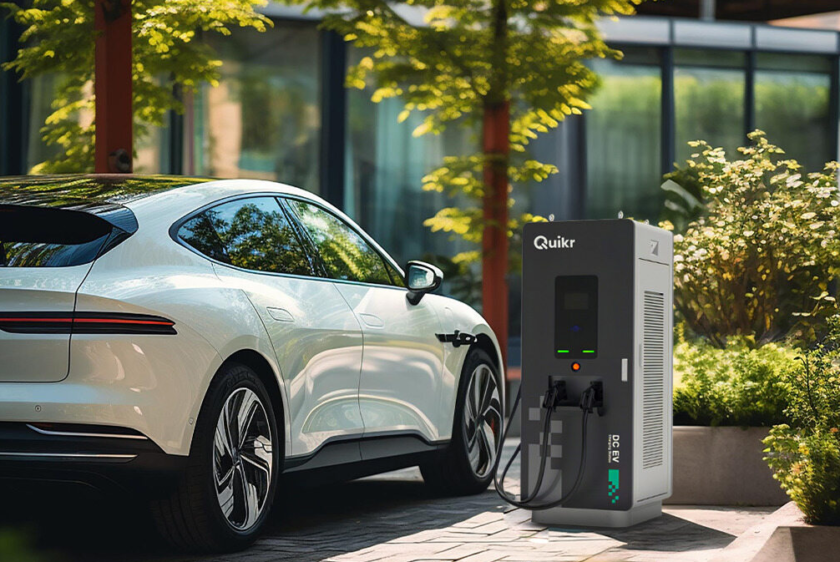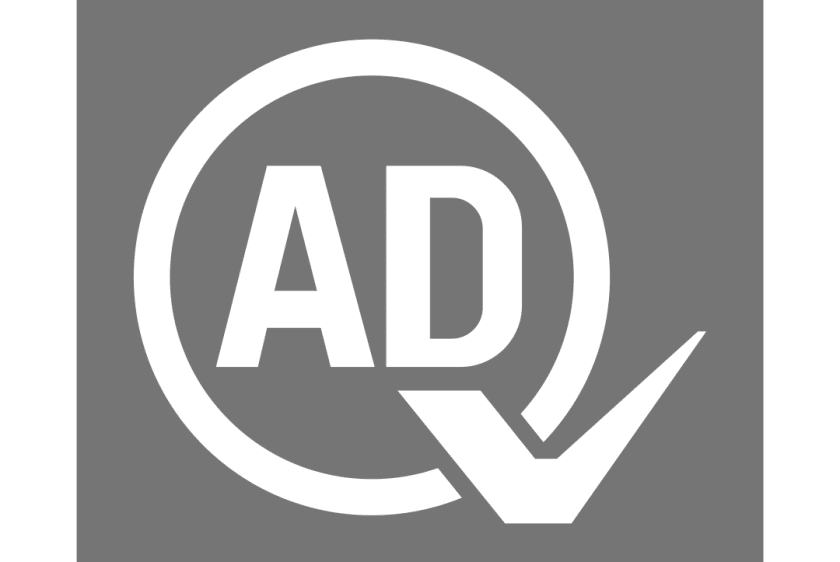Overview of Top 5 DC Car Battery Chargers
1. Charger 1: NOCO Genius G3500
Pros
- Versatile Charging Modes: Offers multiple charging modes for different battery types.
- Safe for All Battery Types: Compatible with standard, AGM, and deep-cycle batteries.
- Compact Design: Portable and easy to store.
Cons
- Price: Relatively higher cost compared to other models.
- Limited Output: May take longer to charge larger batteries.
2. Battery Tender Plus 021-0128
Pros
- Automatic Maintenance: Maintains battery health with minimal user intervention.
- Durable Build: Designed for long-term use in various conditions.
- Efficiency: Provides efficient charging with minimal energy waste.
Cons
- Compatibility Issues: Might not be suitable for some high-performance batteries.
- Limited Features: Lacks advanced settings and modes found in other chargers.
3. Schumacher SC1281
Pros
- Quick Charging: Known for its fast charging capabilities.
- User-Friendly: Easy to operate with a clear interface.
- Affordable: Offers good value for its price.
Cons
- Basic Features: Lacks advanced safety and diagnostic features.
- Build Quality: Some users report durability concerns.
4. CTEK MX5.0
Pros
- Advanced Technology: Incorporates modern charging technology for optimal performance.
- Compact and Lightweight: Easy to handle and store.
- Versatile: Works with various battery types and sizes.
Cons
- Higher Price Range: More expensive compared to simpler models.
- Complexity: May be overkill for users with basic charging needs.
5. Black+Decker BC15BD
Pros
- Robust Design: Built to withstand rough conditions.
- Multi-Stage Charging: Provides precise charging with various stages.
- Affordable: Good balance between price and features.
Cons
- Bulky: Larger and less portable than other models.
- Limited Compatibility: May not work with some newer battery types.
Comparison Table of DC Car Battery Chargers
| Feature | NOCO Genius G3500 | Battery Tender Plus 021-0128 | Schumacher SC1281 | CTEK MX5.0 | Black+Decker BC15BD |
|---|---|---|---|---|---|
| Charging Speed | Medium | Slow | Fast | Medium | Medium |
| Compatibility | High | Medium | Medium | High | Medium |
| Ease of Use | High | High | High | Medium | Medium |
| Safety Features | High | High | Medium | High | Medium |
| Durability | High | High | Medium | High | Medium |
| Price | High | Medium | Low | High | Medium |
Key Considerations When Choosing a Car Battery Charger
1. Battery Compatibility
Ensure the charger you choose is compatible with your vehicle’s battery type. Some chargers are designed for specific battery technologies like AGM or gel.
2. Charging Speed
Faster chargers are convenient but may come with a higher price tag. Balance speed with your needs and budget.
3. Safety Features
Look for chargers with overcharge protection, short circuit prevention, and temperature controls to ensure safe operation.
4. Ease of Use
A user-friendly interface and clear instructions can save time and avoid frustration during use.
5. Durability and Build Quality
Consider the build quality and durability, especially if you plan to use the charger in harsh conditions.





